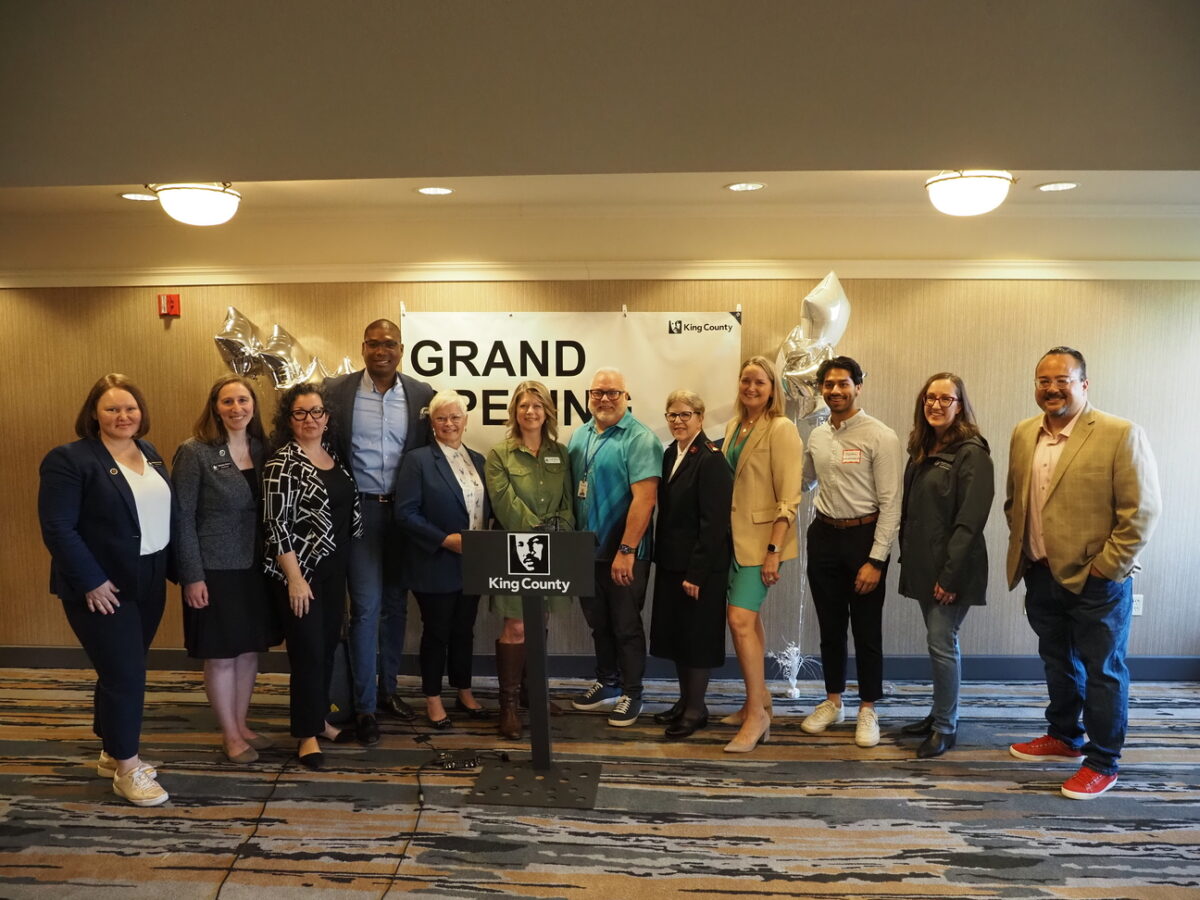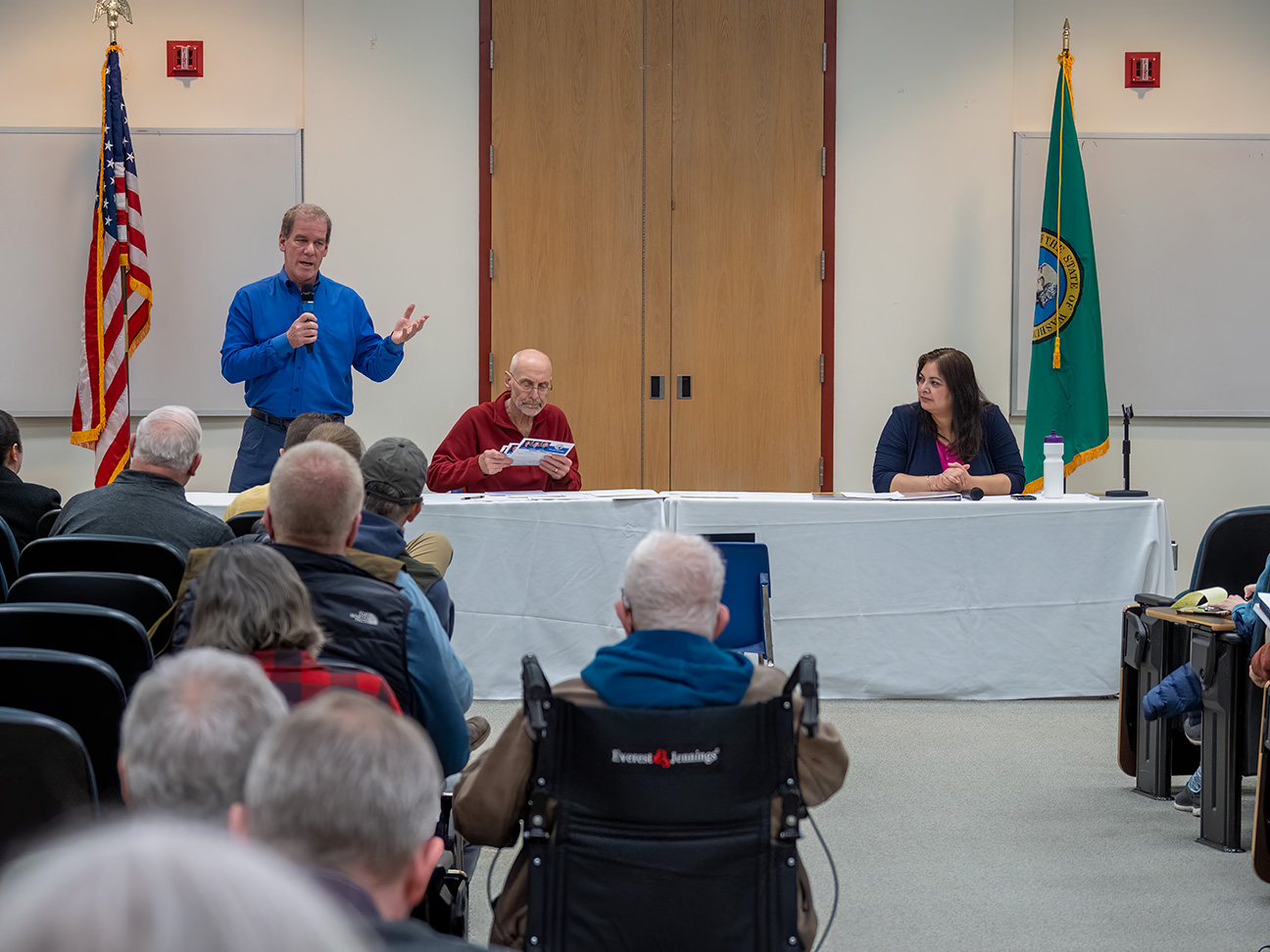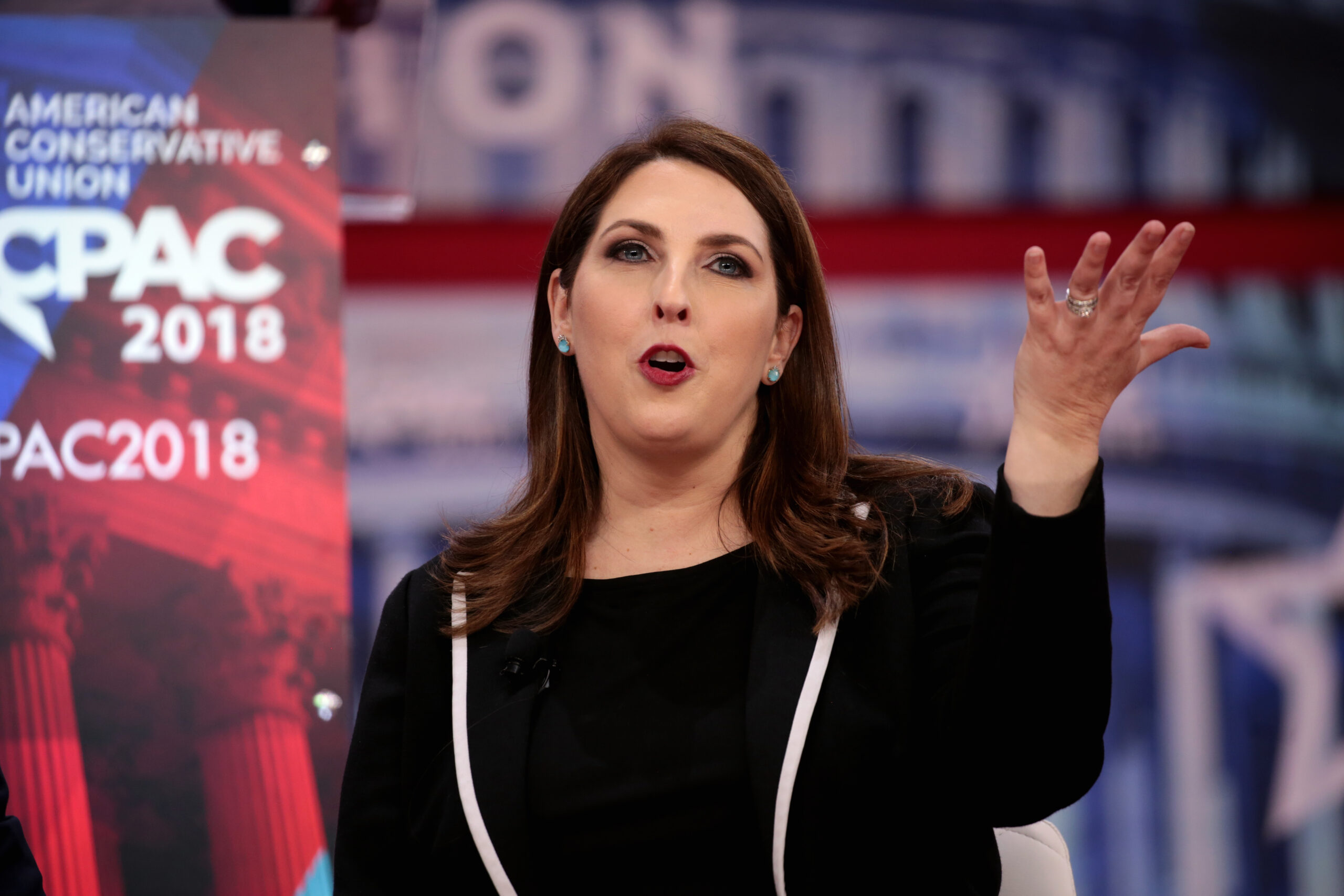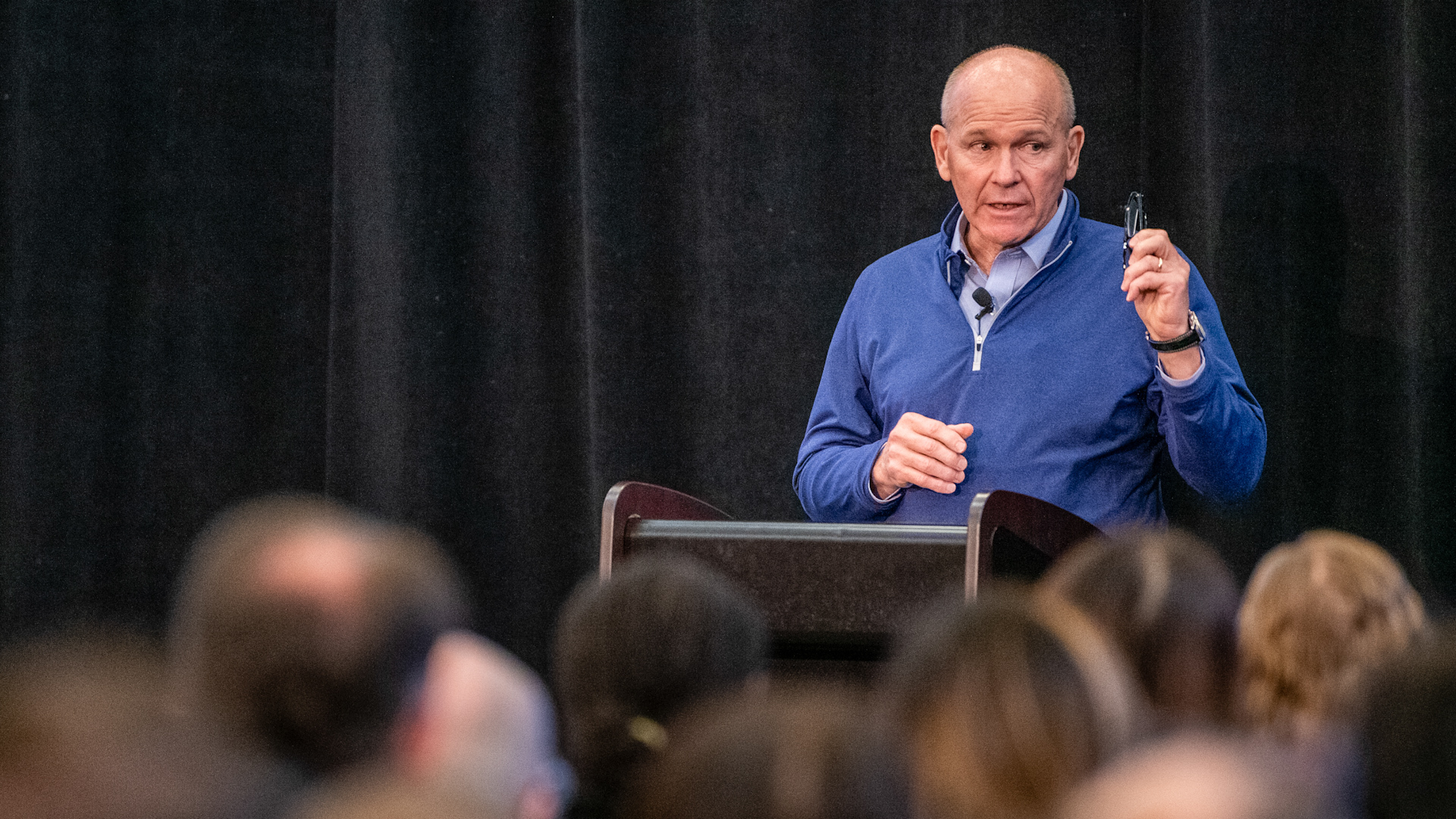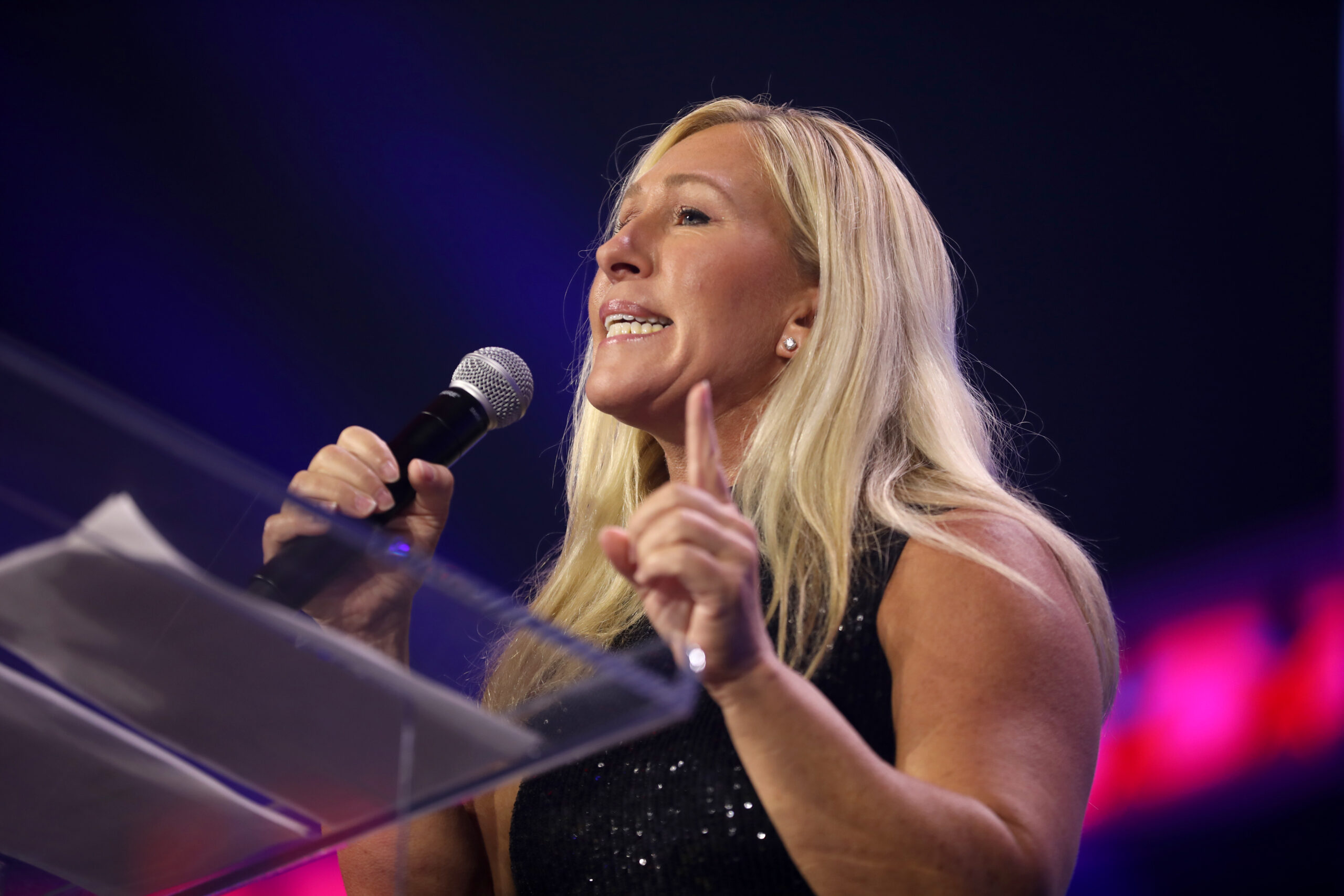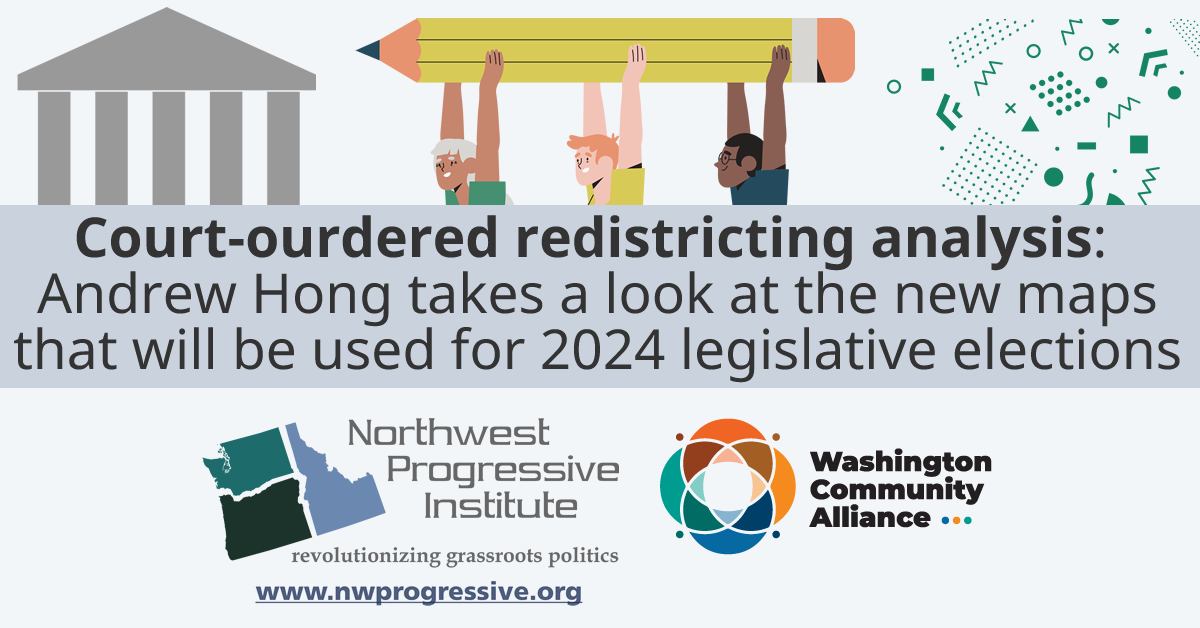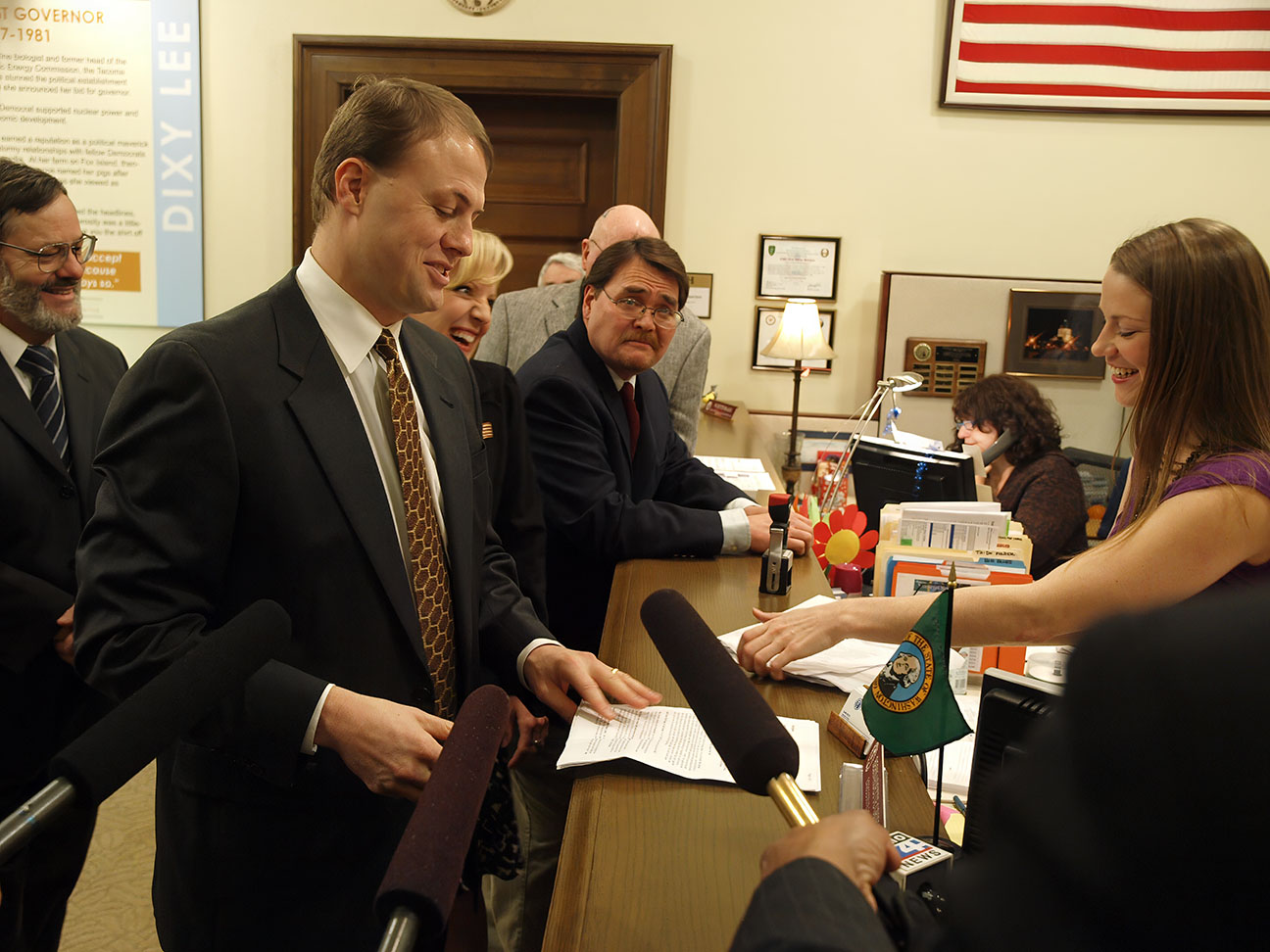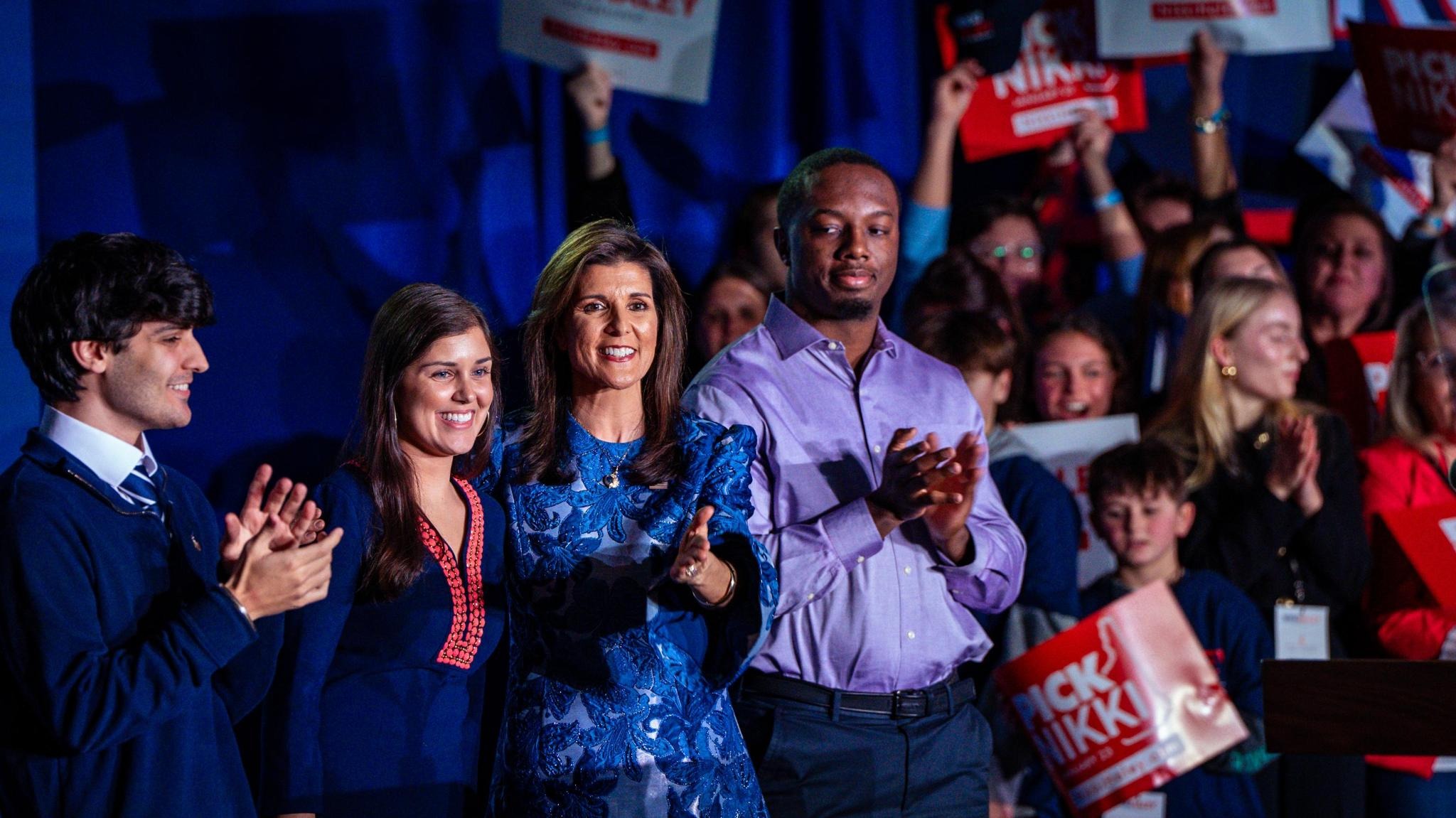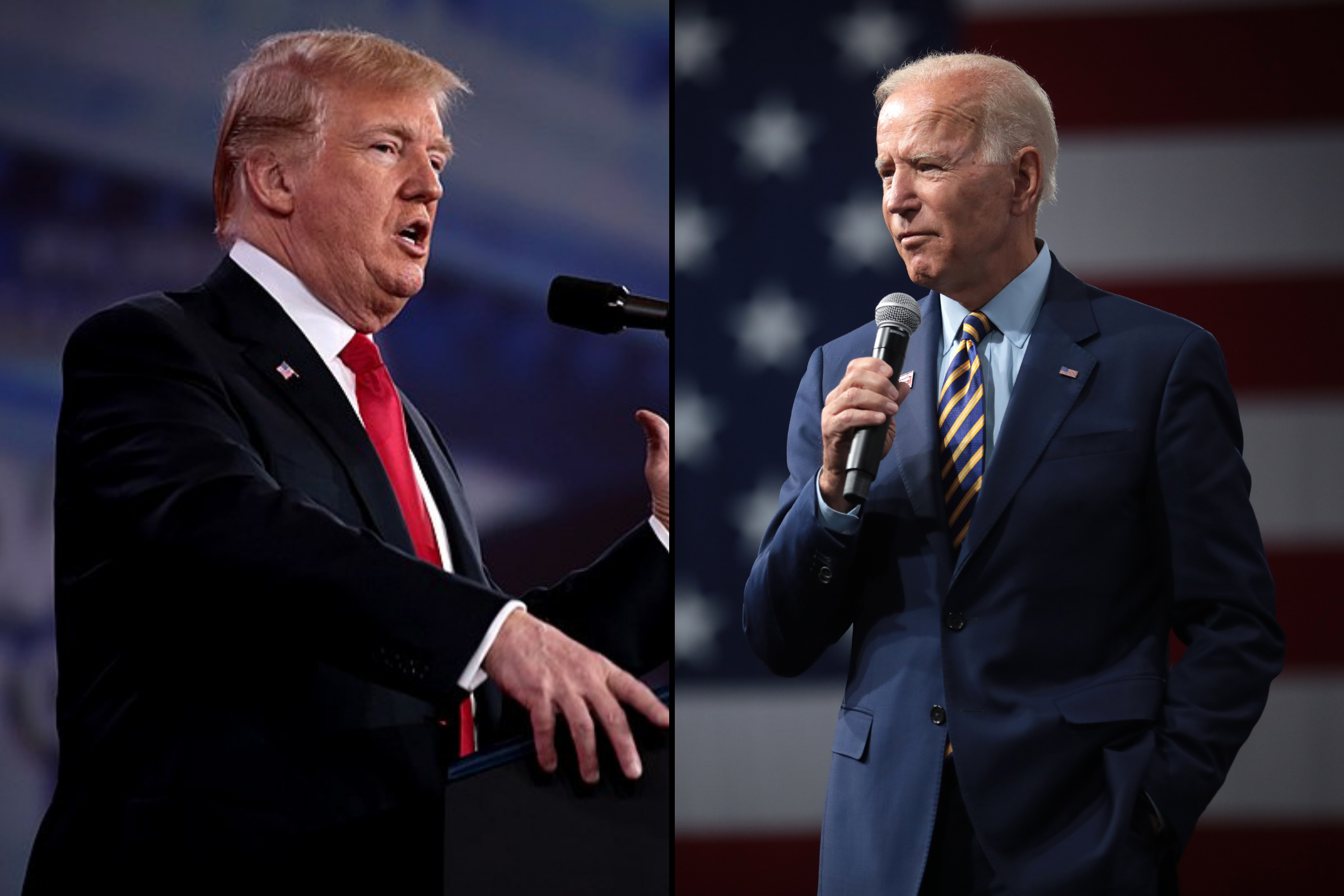A former Silver Cloud Inn in Redmond is set to open as a Health Through Housing facility for the homeless, offering one hundred units and support services managed by The Salvation Army. Previously, it housed Afghan refugees, nearly all of whom secured permanent housing.
Many Washington State legislators are hosting 2024 post-session town halls and community chats — here’s a running guide
Constituents have opportunities to engage with their Washington State elected representatives in the 5th, 16th, 27th, and 42nd Districts through in-person and telephone meetings set from April 2nd-13th, 2024.
Jettisoned by Trump, Ronna McDaniel tried a pivot into media, only to discover accountability exists outside of Donald’s cult
The Trumpification of the Republican Party has proven a character test for its officeholders and candidates. History is unlikely to look kindly on those who carried water for the first Oval Office occupant to refuse to participate in the peaceful transfer of power to his legitimately elected successor.
NPI’s Cascadia Advocate celebrates twenty years of continuous publication
In this publisher’s note, NPI founder Andrew Villeneuve comments on the twenty-year anniversary of The Cascadia Advocate and NPI’s plans for its future.
Welcome to Version 5.0 (“Emmons”) of NPI’s Cascadia Advocate!
Learn about the changes that debuted with the fifth version of The Cascadia Advocate, released on March 29th, 2024 in conjunction with the blog’s twentieth anniversary.
Baltimore’s Francis Scott Key Bridge collapses after catastrophic overnight ship strike
Last night, the cargo ship Dali struck and caused the collapse of Baltimore’s Francis Scott Key Bridge, hindering marine traffic and impeding Port of Baltimore operations. The incident sent vehicles and workers into the water, with rescue efforts and NTSB investigations ongoing. President Biden has called for congressional funds to rebuild the span.
Boeing CEO Dave Calhoun to leave, in news that will be welcome to many Washingtonians
Research commissioned by the Northwest Progressive Institute had found support for Calhoun’s departure following more grave safety lapses at Boeing. Steve Mollenkopf, ex-CEO of Qualcomm, has been chosen as the next board chair and is tasked with finding Calhoun’s successor. The company faces a pressing need for a culture shift towards safety and restoration of trust.
Chaotic House Republican majority shrivels again as Johnson faces motion to vacate
U.S. House Republicans are grappling with internal strife as Representatives Mike Gallagher and Ken Buck resign, while Speaker Mike Johnson will have to contend with an effort to oust him from Marjorie Taylor Greene when the chamber reconvenes in April.
New 2024 legislative maps offer historic opportunities for Latino representation and Democratic pickups across Washington
Read Andrew Hong’s analysis of the new 2024 maps adopted by federal court order following a victorious Voting Rights Act lawsuit, which could potentially alter the state’s legislative balance of power.
Contest for WA-06 heats up as Emily Randall, Hilary Franz unveil prominent new endorsers
State Senator Emily Randall and the state’s Commissioner of Public Lands Hilary Franz, both Democrats, are lining up support for a seat that does not often come open.
Tim Eyman wants to contest initiative filing fee increase, but has no grounds for doing so
The former prolific promoter of initiatives wants to bring a lawsuit to overturn the filing fee increase, but the law expressly gives the Secretary of State the authority to increase the fee.
Jessica Bateman, Lisa Parshley ready to provide orderly succession in 22nd LD
In the wake of Senator Sam Hunt’s retirement, State Representative Jessica Bateman has decided to run for the upper chamber with his endorsement, while Olympia City Councilmember Lisa Parshley will seek Bateman’s seat.
Despite having withdrawn, Nikki Haley still garnered over 20% of the early vote in Washington’s Republican presidential primary
A sizeable chunk of the the electorate found ways to register dissatisfaction with their 2024 choices, particularly on the GOP side, with Trump’s nearly-decade long takeover of the Republican Party.
As expected, Joe Biden and Donald Trump cruise in Washington presidential primary
With 1,254,074 total ballots counted so far, the two presumptive nominees — our incumbent president and his neofascist predecessor — have each cruised to victory, vanquishing their withdrawn opponents without any difficulty.

